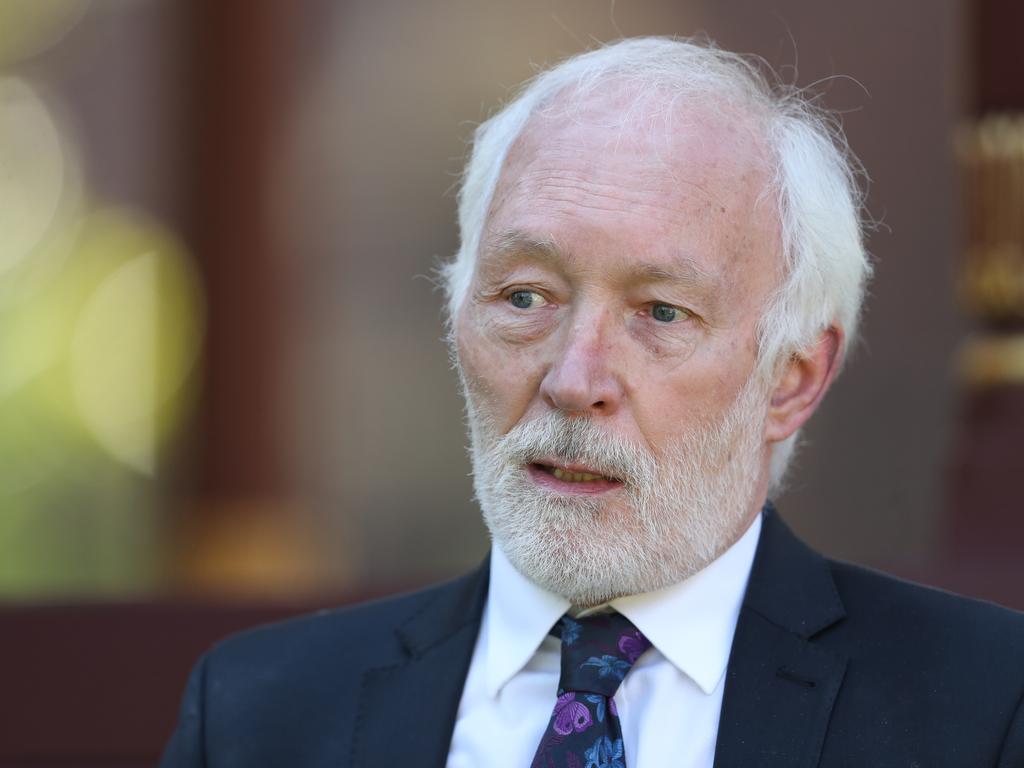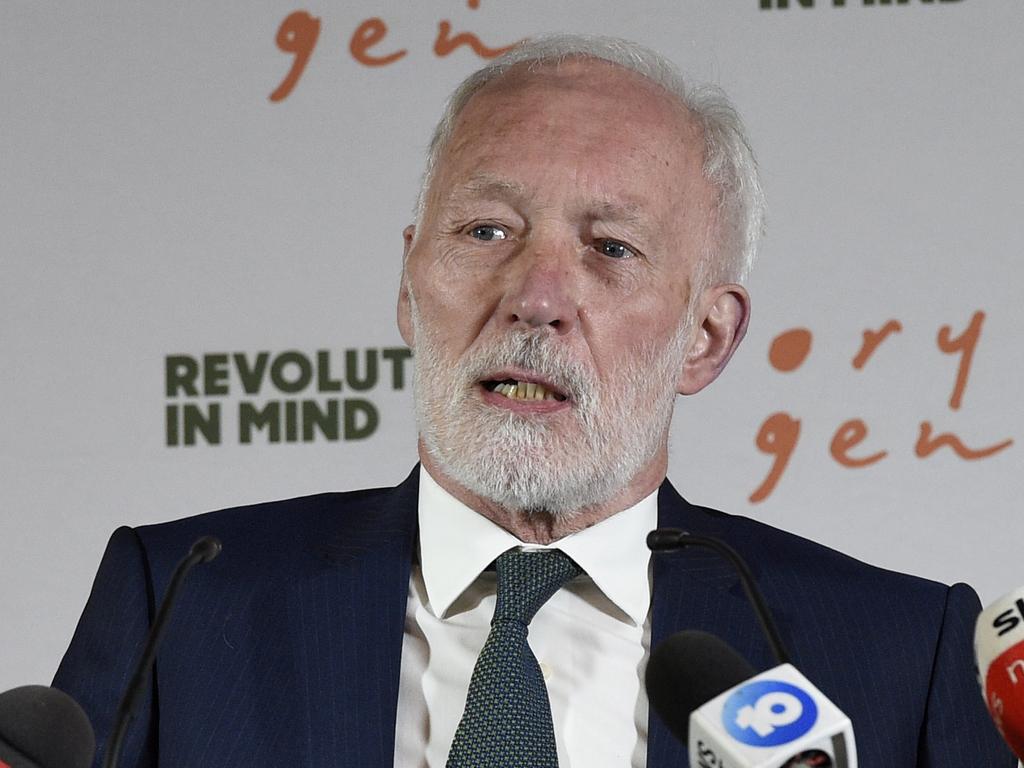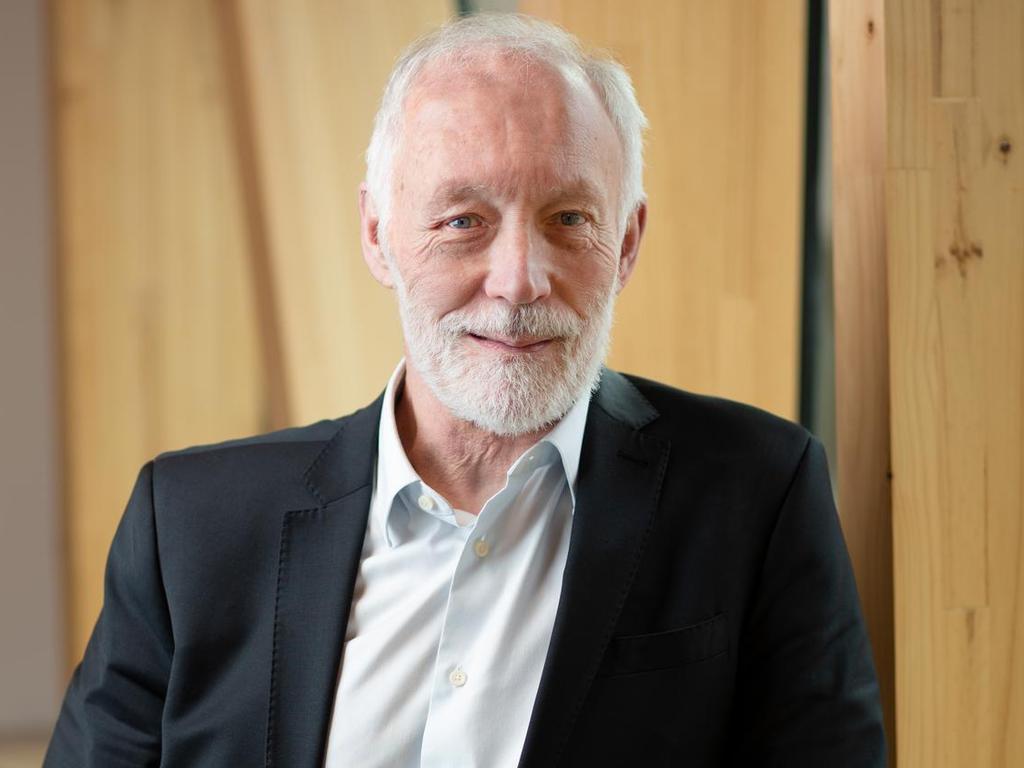We must act now on youth mental health pandemic

Assembled over five years by a unique global consortium of clinicians, researchers and young people, and led from Australia, it shines a spotlight on a silent public health crisis that threatens the lives and futures of a whole generation. The commission, represents the first definitive analysis of the scale and consequences of youth mental ill-health, currently accounting for 45 per cent of the health burden for this age group, and the megatrends underpinning this crisis. It makes a compelling human, economic, moral and political case for urgent investment in prevention, research and new models of care for young people everywhere.
The Lancet commission confirms that the prevalence of mental ill-health in adolescents and emerging adults has been steadily increasing over the past two decades in many countries: 75 per cent of mental illnesses emerge during the precarious stage of transition to mature adulthood.
In Australia, there has been a 50 per cent increase in diagnosable mental health conditions among 16 to 25-year-olds since 2007, with two out of five young people and almost one in two young women being affected. Similar trends in the US led the US Surgeon General to sound the alarm in 2022, labelling it a “youth mental health crisis”.
Unless treated effectively, mental illnesses are a major cause of premature death from physical illness and suicide. Even when these illnesses do not cause death, they are the largest and most rapidly growing cause of disability and lost human potential and productivity across the lifespan. This situation is dire, but entirely amenable to solutions.
Prevention becomes an obvious priority. Something fundamental must have changed in society to account for such a crisis. The commission has identified a range of megatrends, notably the increased precarity of young people’s existence due to burgeoning intergenerational wealth inequality, student debt, insecure work, unaffordable housing and rental costs, climate change, and harmful effects of social media.
Some analysts trace these individual forces back to a common core of neoliberalism which has been embraced globally and, as many argue, has led to wealth inequality and a fragmentation of services and the community. The relative contribution of these megatrends must be quantified and their malleability examined.
While governments have a responsibility to wind back harmful policy settings and regulate powerful private forces, notably the social media titans, it will be a challenge for these megatrends to be rapidly reversed.

We need a more immediate solution: responding to the large wave of unmet need with service innovation and expansion. Australia has led the world in creating a new field of early intervention and youth mental health within healthcare, and successive governments have built the foundations of a new fit-for-purpose system of care through investments in headspace, an entry level primary care model for 12 to 25-year-olds. This has inspired similar reform in 15 nations around the world. Yet at the very same time, the rising tide of need means these foundations are swamped by overwhelming demand and hampered by a weak and obsolete financial model.
The youth mental health system urgently needs to be reimagined and strengthened, and buttressed by a new specialised, multidisciplinary platform of community mental health care to care for the “missing middle”, those young people with more persistent and complex forms of mental illness for which primary care is insufficient but who are not unwell enough to get into state-funded care.
This Friday will be the first time in many years that the federal and state health and mental health ministers are meeting and will be considering joint responses to the challenges across the mental health system, including the gaps in care between the primary and acute systems leaving millions of Australians, especially the young, marooned in a service vacuum.
Australian research and innovation has created evidence-based care models ready to go to respond to this unmet need, and investment in the youth stage will pay for itself several times over – meaning the savings could strengthen other aspects of mental health care that are equally neglected.
The worsening global youth mental crisis provides an unprecedented opportunity to Australia and societies and communities around the world to dramatically improve quality of life and life expectancy for their people and to improve social cohesion and economic productivity. These outcomes can be achieved through a combination of reversing harmful social and economic policies, investing strongly in prevention and mental health research, and giving top priority to the mental health of young people with urgent investment in a new wave of innovative systems of integrated health and social care.
Patrick McGorry is professor of Youth Mental Health at the University of Melbourne and director of Orygen Youth Health.
More Coverage
 The Lancet commission confirms that the prevalence of mental ill-health in adolescents and emerging adults has been steadily increasing over the past two decades in many countries:
The Lancet commission confirms that the prevalence of mental ill-health in adolescents and emerging adults has been steadily increasing over the past two decades in many countries: Assembled over five years by a unique global consortium of clinicians, researchers and young people, and led from Australia
Assembled over five years by a unique global consortium of clinicians, researchers and young people, and led from Australia




The Lancet Psychiatry, the world’s leading scientific journal covering mental health, has released its eagerly awaited Commission on Youth Mental Health.